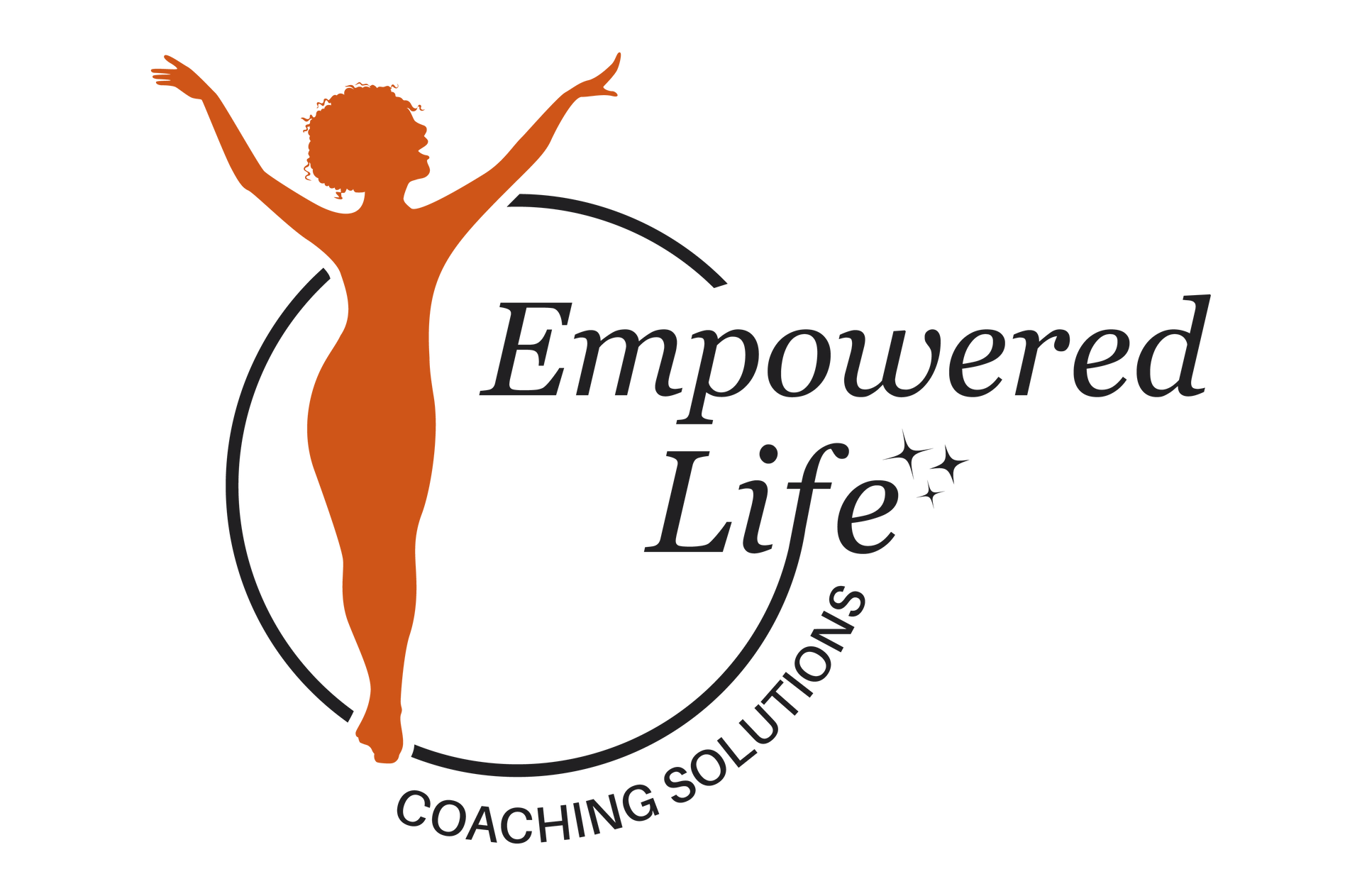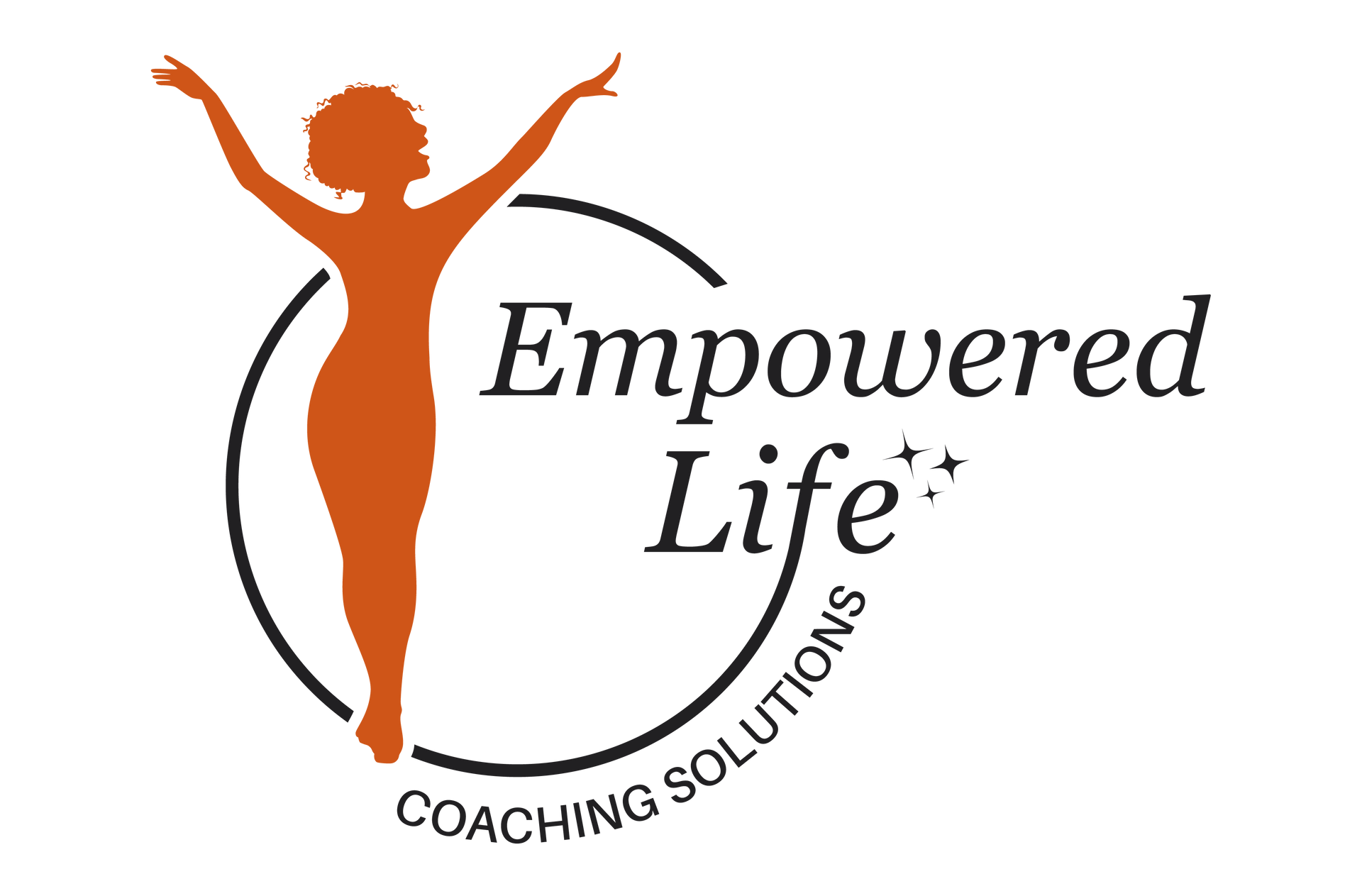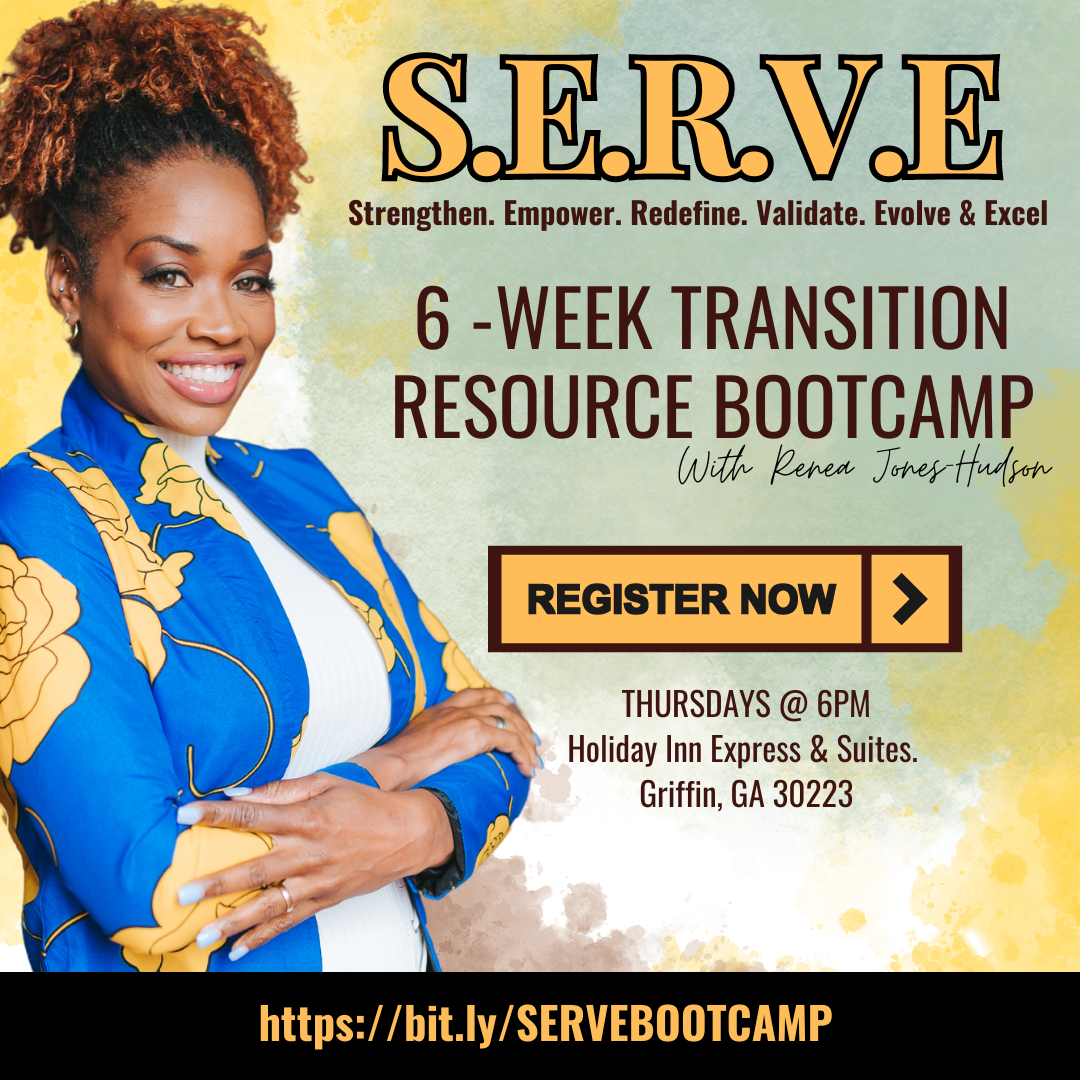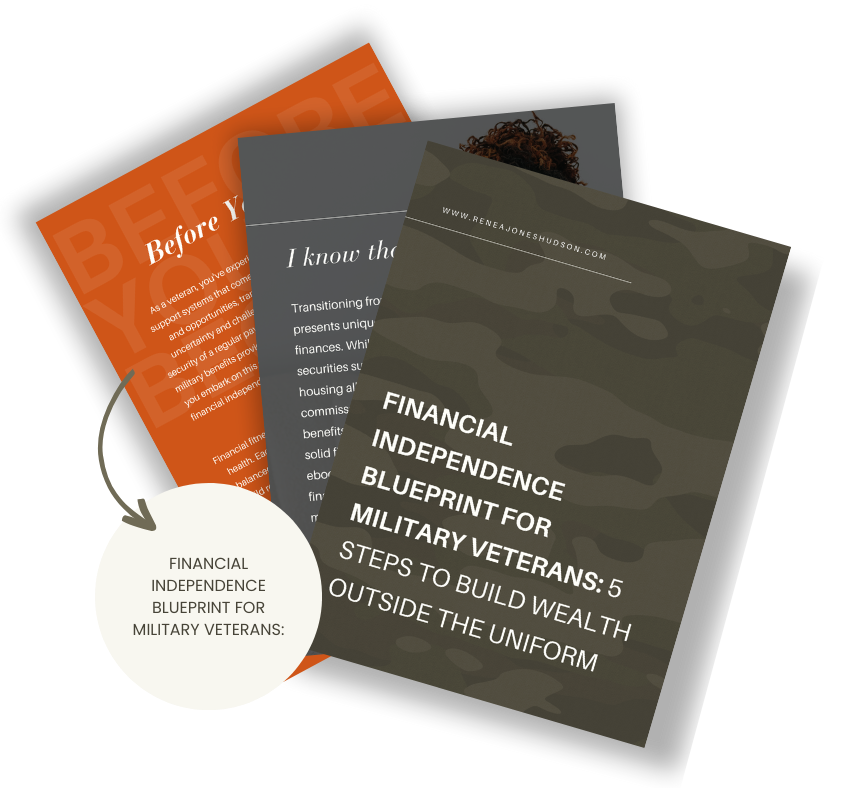The Eight Dimensions of Wellness
What is Wellness?
Before taking a closer look into the many sides to wellness, it’s important to clearly understanding what it actually means.
Before taking a closer look into the many sides to wellness, it’s important to clearly understanding what it actually means.
A 2015 definition by the NWI states that wellness is considered “an active process through which people become aware of, and make choices toward, a more successful existence.”
Wellness is a conscious, positive and self-directed process that focuses on treating the body in a holistic way.
It is making a lifelong commitment to practice healthy habits that will boost every area of your life and it extends past the physical body and into work, relationships, thoughts and behaviors.
Physical Wellness
Physical wellness is the act of taking care of and listening to your body that includes frequency of movement, diet, sleep, avoiding harmful habits, and keeping up with doctors appointments.
How to Improve Physical Wellness
- Eat more nutrient-dense foods
- Get a good night's sleep, approximately 7-9 hours
- Limit cigarettes use and alcohol consumption
- Schedule yearly physicals
- Do exercises you enjoy
Emotional Wellness
Emotional wellness is more than just controlling anger or coping with depression. It’s addresses your ability to deal with stressful and unexpected life events. It involves your ability to love and be loved. Emotional wellness is crucial because emotional reactions can have significant effects on relationships, career and your self-image.
How to Improve Emotional Wellness
- Limit time you spend listening to the news and scrolling on social media
- When necessary, seek therapy or counseling
- Practice meditation
- Become mindful of your thoughts and work to shift them if necessary
Intellectual Wellness
Intellectual wellness is how we nurture and grow our mind with stimulating and enriching activities. It’s about having a happy and active brain. Intellectual wellness encourages openness to new ideas, thoughts and opinions, and keeps the pathways in your brain sharp as you age.
How to Improve Intellectual Wellness
- Learn a new language
- Check out your local museums
- Join a book club
- Lear to play an instrument
- Do crossword puzzles
Spiritual Wellness
Having a foundation of spiritual wellness is crucial to achieving holistic wellness. While it doesn’t mean you have to connect with some sort of higher power, it does help you find meaning in life events. The idea behind spiritual wellness is to identify the morals and principles that guide your thoughts and actions especially when physical and emotional wellness waver.
How to Improve Spiritual Wellness
- Find a hobby like yoga, meditation, or journaling, that connects you to your innermost beliefs
- Define your core principles and write them down
- Spend more time outdoors in nature
- Find a church or religious group that aligns with your beliefs and your faith
- Volunteer in your community
Environmental Wellness
Environmental wellness is about your personal responsibility to the environment. It’s a commitment to cleaning up the streets in your neighborhoods and cities, and doing your best to stay in harmony with the planet. Many studies report that maintaining your connection to the outdoors is very crucial for wellness.
How to Improve Environmental Wellness
- Schedule regular walks outdoors in nature
- Start a small garden
- Introduce eco-friendly products into your home and use reusable shopping bags
Social Wellness
Social wellness encourages people to invest in their community and build relationships and develop active listening skills and honest communication. It focuses on the idea that one cannot achieve holistic wellness without having some level of social interaction. Social wellness is crucial for your mental wellbeing, and it also improves self-esteem and confidence. It is also important to create a network of support of people to lift you up in stressful situations.
How to Improve Social Wellness
- Organize a family reunion
- Write (by hand) and send a letter to a friend or family member
- Shop at your local farmers market
- Subscribe to your local newspaper
Occupational Wellness
Occupational wellness deals with employment and work-life balance. It fosters growth and happiness at work, and focus on pursuing opportunities that excites you. It’s also about having enough energy for your family, friends, and yourself. It’s about finding employment that sparks your interest, but doesn’t leave you feeling drained.
How to Improve Occupational Wellness
- Have regular meetings with your boss and discuss career goals
- Sign up for an online training course
- Learn a new skill
- Create a music playlist that makes you feel happy and motivated
- Take time to stretch regularly throughout your day
Financial Wellness
Financial Wellness is how you feel about your money. It is about living within your means and learning to manage your finances for short and long term. Finances are one of the most common stressor for people, therefore minimizing the worry about finances can enhance your overall wellness. This will allow you to be in a state where you can meet current and future financial obligations, feel a sense of security about your financial future that will help make choices that let you enjoy life. Financial wellness can improve your mental and physical well-being.
How to Improve Financial Wellness
- Have a financial plan or a budget
- Save
- Limit unnecessary expenses
- Manage debt to
- Track your spending to see where your money is being used and set goals based on what you find.
FIT MOM CEO
Connect. Empower. Overcome

I’m Renea Jones-Hudson
A retired army veteran, international bestselling author, and empowerment coach. I help military and veteran women transition to civilian life, unlocking their unique talents and achieving personal and financial growth through empowering sessions and proven strategies.
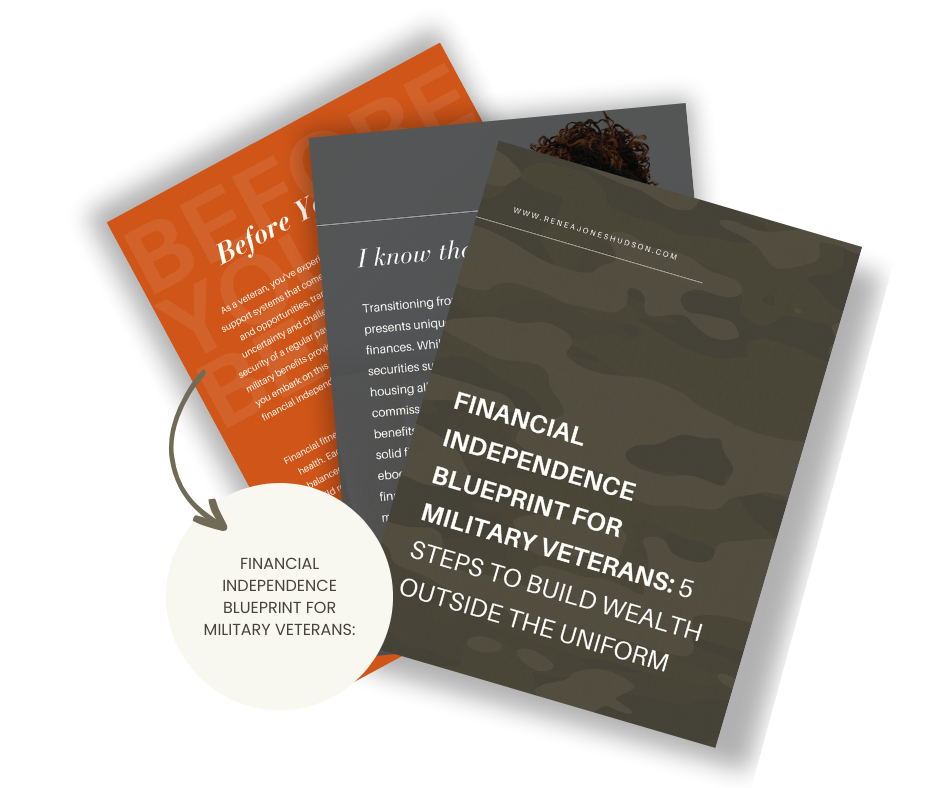
Financial Independence Blueprint for Veterans: 5 steps to build wealth outside the uniform
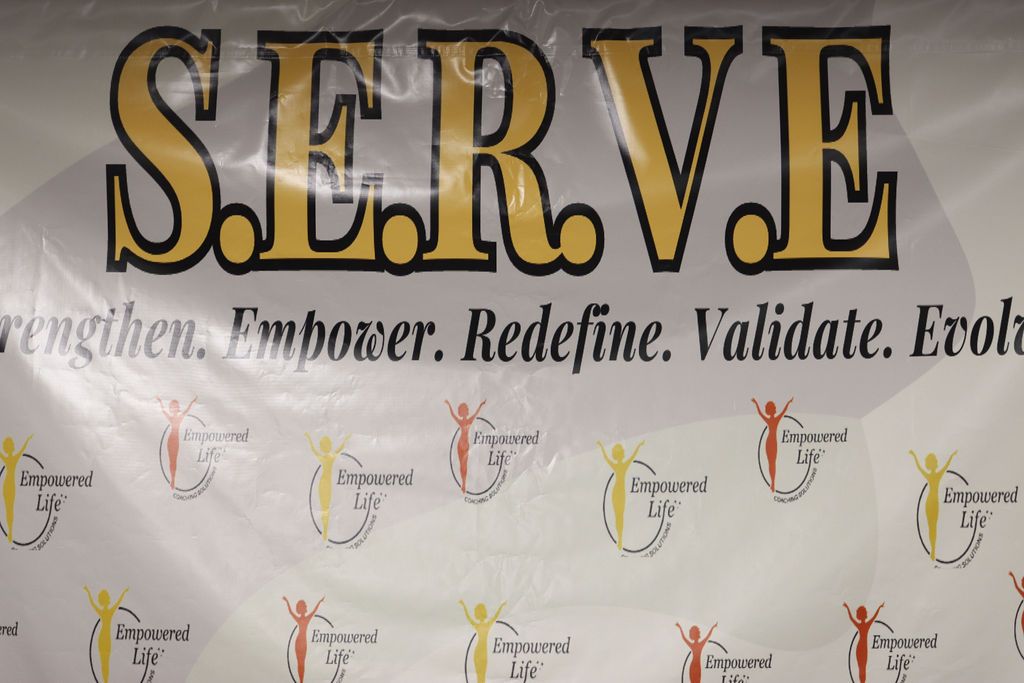


Menu
All Rights Reserved | Renea Jones Hudson
Site Powered by: BeSociableBrand
